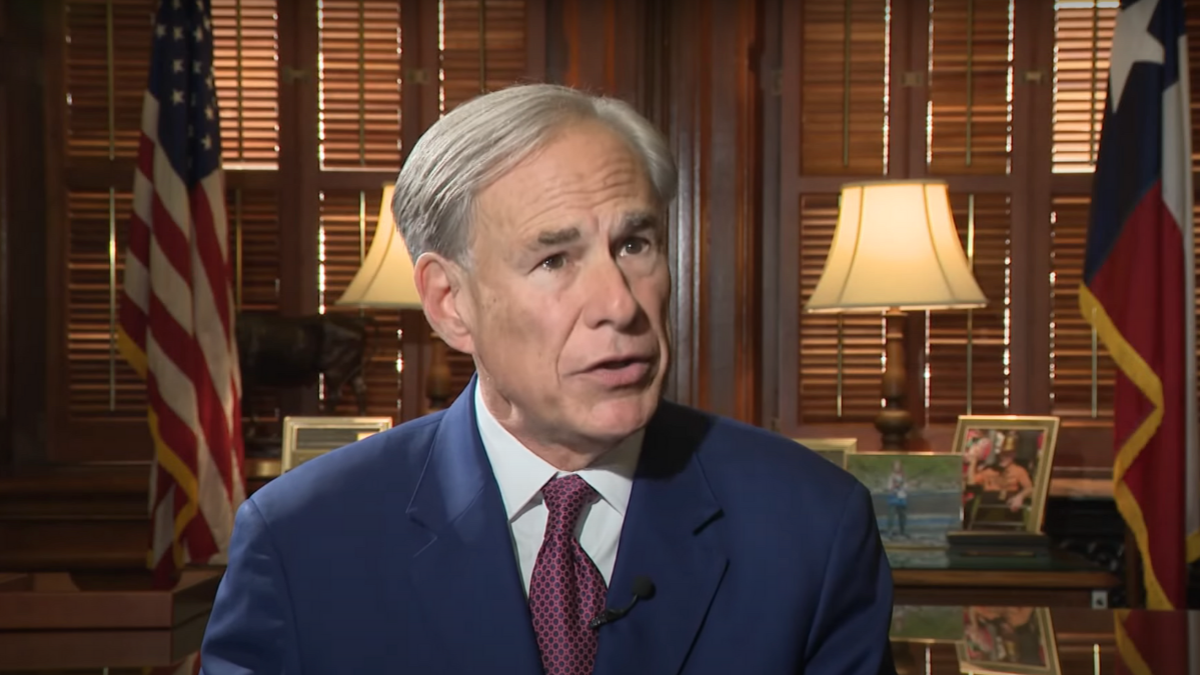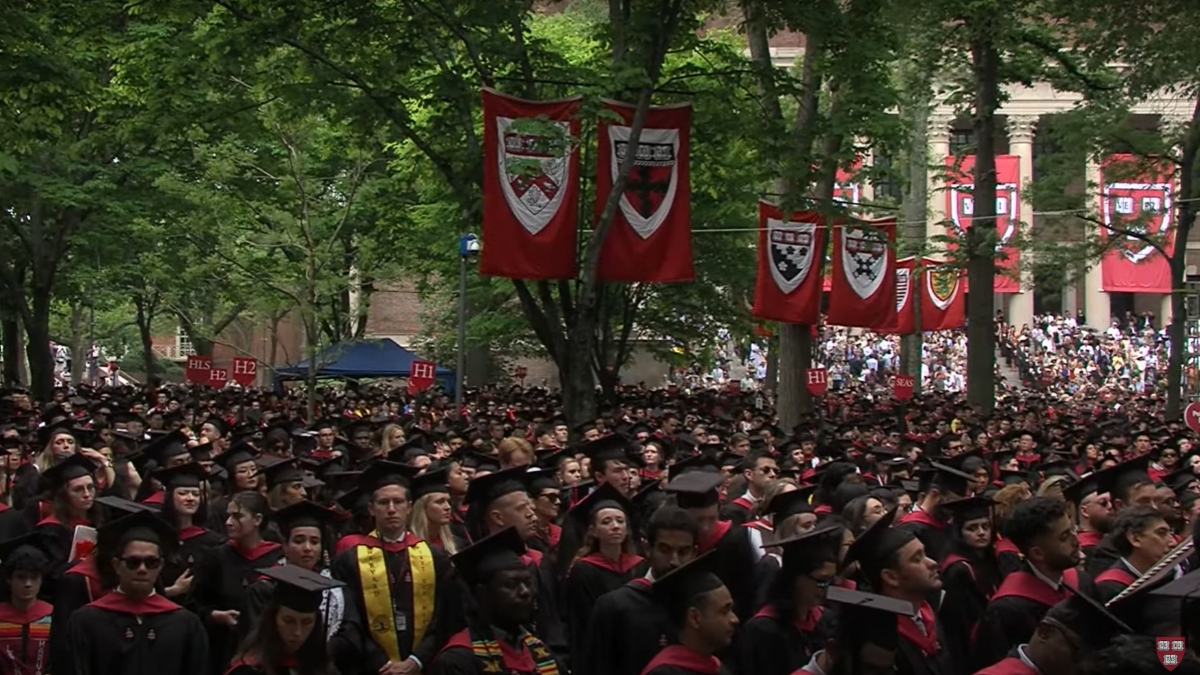The primary election results in a handful of states have made one thing clear — Republican elected officials who are anti-school choice are getting voted out of office while education-freedom champions are securing state house and senate seats.
Voters in Missouri selected six pro-school choice candidates in their August 6 primary election. Representative Kyle Marquart, R-District 109, who voted against school choice and was endorsed by the teachers unions, was defeated by more than 10 points by John Simmons, a school choice supporter. Incumbent Gary Bonacker, R-District 111, who opposes school choice, lost by nearly 18 and a half points to Cecelie Williams, who supports school choice. The victory for Williams guarantees her appointment to the Missouri House of Representatives, as she will run unopposed in November.
In Tennessee, after Gov. Bill Lee saw the statewide education freedom bill fail to make it across the finish line in the 2024 legislative session, he went to work endorsing candidates who favored expanding school choice from “three to all 95 Tennessee counties.” His effort was successful as 12 out of 15 candidates he endorsed secured victory in the state’s primary election on August 1.
Earlier this year, the Texas primary election resulted in the ousting of six representatives who voted against school choice during the most recent legislative session. The Texas runoff election a few months later found three more representatives opposed to school choice voted out of office. Additionally, five other anti-school choice representatives, seeing the writing on the wall, lost seats by forgoing reelection. School choice advocates picking up 14 seats equates to a 28-point positive swing, more than offsetting the 21-point defeat of education freedom in the house during Texas’ fourth special session last November.
In May, the primary election in Idaho saw 15 incumbents lose their positions. According to the Lewiston Tribune, “Several lawmakers who had been staunchly against … school choice proposals were defeated in their primaries, including the House Education Committee Chair Julie Yamamoto, R-Caldwell.” According to Corey DeAngelis, three Republicans in the Idaho House who had “the most support from the teachers unions” lost in the primary election, while their opponents all support school choice.
In Kentucky’s primary election in May, the two Republican representatives who received “the most money from the teachers unions” experienced embarrassing defeat by 44 and 48 points each. School choice supporters were victorious.
Missouri, Tennessee, Texas, Idaho, and Kentucky testify that Republican voters want representatives and senators who will advance school choice. As these primary elections have undeniably revealed, it’s no longer a politically wise move for Republican state officials to oppose empowering parents with educational options for their children if they want to get reelected.
Other elected state officials are taking notice and perhaps rethinking their opposition to school choice. Idaho State Superintendent Debbie Critchfield, who hasn’t been a school choice advocate, recently shared that “she is talking with the governor’s office about a private school choice bill.” Undoubtedly, Critchfield and Gov. Brad Little, R-Idaho, are feeling the political pressure as it becomes clear that empowering parents with school choice for their children is a winning strategy while opposing it could be politically fatal.
Govs. Doug Ducey, R-Ariz., Kim Reynolds, R-Iowa, Sarah Huckabee Sanders, R-Ark., Ron DeSantis, R-Fla., Kevin Stitt, R-Okla., Jeff Landry, R-La., and Greg Abbott, R-Texas, have been standout education-freedom champions.
For Abbott, his steadfast resolve is unwavering, and now, the groundwork has been laid through the results of the Texas primary election. As he posted on X this week, “During the upcoming legislative session, we’re going to work to make school choice a reality. Parents matter — and choosing where they send their children to school matters.”
Twelve states have enacted universal or near-universal school choice into law over the past three years, and more education freedom wins will occur in 2025 and beyond. There are 13 other states with Republican trifectas (Georgia, Idaho, Mississippi, Missouri, Montana, Nebraska, New Hampshire, North Dakota, South Carolina, South Dakota, Tennessee, Texas, and Wyoming) whose elected officials can and must get the job done for the families of their state — or sooner or later risk losing their political position.









